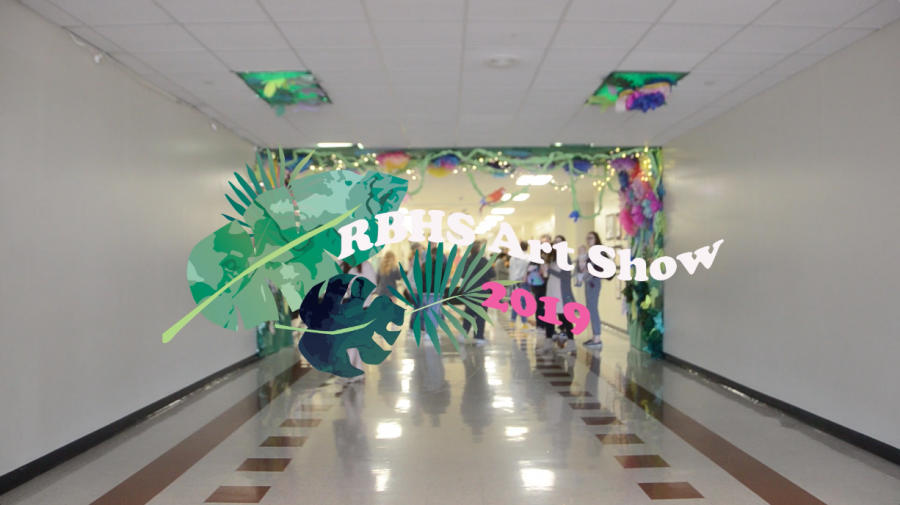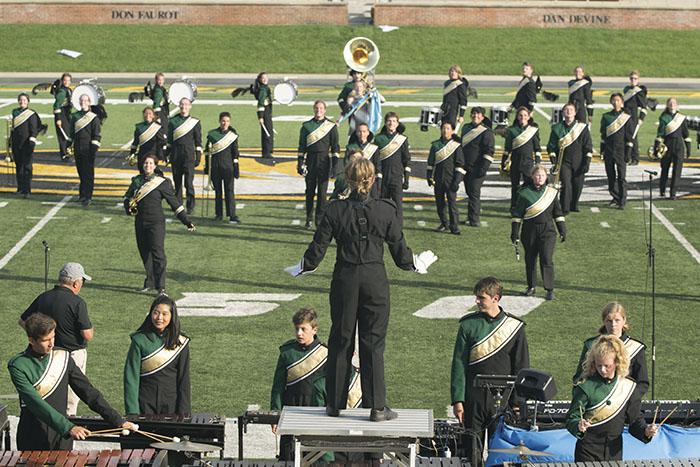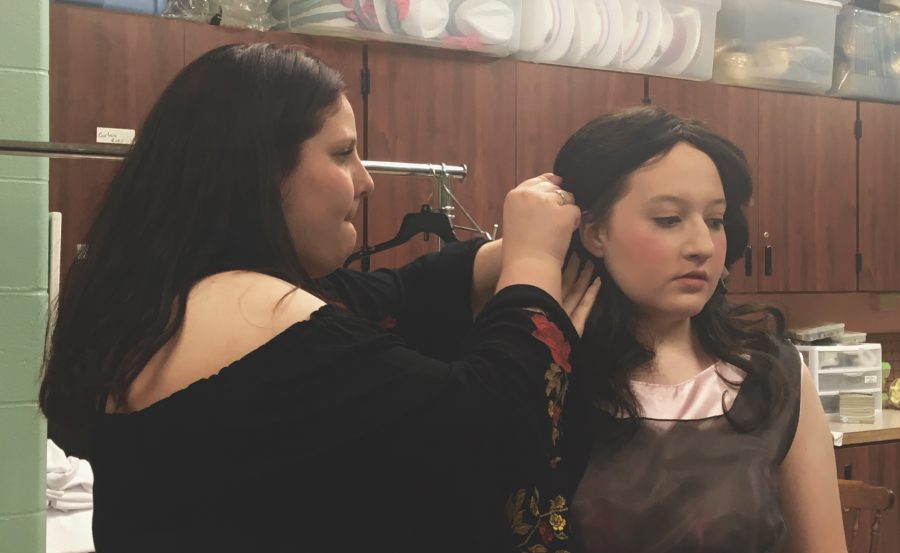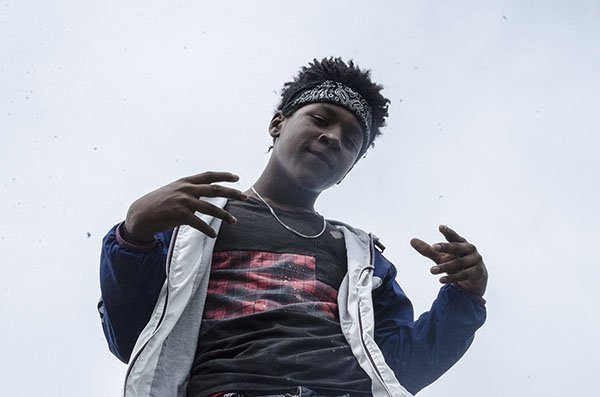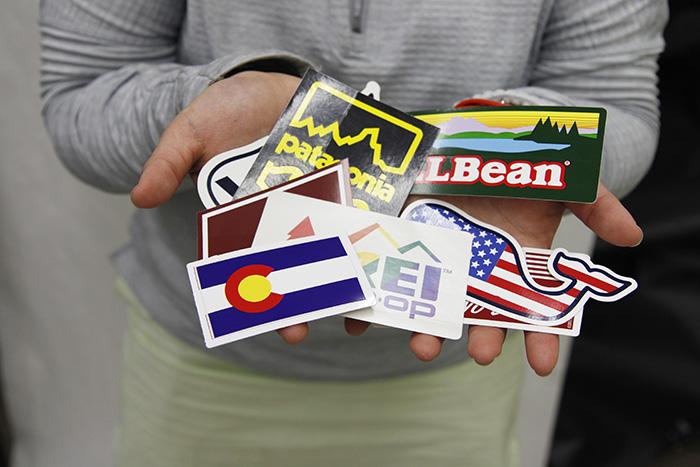
I couldn’t blame her. Between me and my cousin, there were three overflowing bags of craft supplies—filled to the brim with everything from ribbon and paintbrushes to steel wire and scrapbook paper.
When my mother questioned us, I shrugged and simply said, “Pinterest, Mom. We printed off a ton of craft ideas.”
My cousin and I spent the rest of the September evening assembling Christmas presents. In the middle of late summer, we coated the unfinished basement floor in ivory paint and decoupage, making a flower pot for winter poinsettias.
Our legs covered in glue and our faces splashed with ink, we laughed ourselves into a delirious fervor. Pinterest, however overrated, had given us one of the best evenings of our summer.
The Internet, as it grows, enriches our lives. It’s an invisible utopia, a hub for culture and arts, music and entertainment, knowledge and life.
Yet the Internet is also massively addictive. It’s an entertainment machine. It can keep an audience captivated, eyes glued to an iridescent screen, for hours on end. And not everything those glazed eyes view is going to be beneficial.
This issue became startlingly clear when I began ignoring family members because of the Internet. My 11-year-old cousin, Sarah, would tug on my sleeve while I scrolled through another article about my favorite band or posted another story. I kept telling her I’d, “be there in a minute,” as soon as I finished typing up a post.
Eventually, after an entire hour of shameless Internet infatuation, I skipped downstairs and found Sarah nearly in tears, while the rest of my family sat around the living room playing guitar and Battle of the Sexes, laughing and enjoying their time together. I felt both immediately guilty and regretful — I’d not only hurt Sarah, I’d missed a huge opportunity. My extended family only comes in town every once in awhile, and getting us all together in one room is like trying to shove a grizzly bear in a dog pen. Here was one of those rare moments — and gossip on Facebook had stolen all my attention.
Desperately attempting to reconnect with my family, I wrapped my arms around Sarah, reminding her that she meant the world to me. But I couldn’t turn back the clock, and before I knew it, the evening was over. My aunts and uncles shuffled off to bed, and I still felt an overwhelming urge to check my Facebook account.
I realized something then: the Internet has become more than just entertainment. It’s become an obsession. And every day that obsession shows its unhealthy products. What was once a simple system for exchanging data has become a corrupt creature in the dark.
The Internet is now a factory for drama as teens toss gossip across profile pages and blogs. Sites like GossipReport.com and JuicyCampus.com turn cruel posts about classmates and friends into a world-wide form of amusement.
The Internet is a catalyst for pain, as cyberbullying forces kids to make life-threatening decisions. According to statistics from the i-SAFE foundation, more than one in three young people have experienced cyberthreats online.
The Internet is a thief, as hackers snatch private information and steal human identities. In a recent survey by Ponemon Research, 90 percent of companies and businesses said they’d been hacked at least once in the past year.
The Internet is now a virus, spreading pornography and obscenity like an infectious disease. According to familysafemedia.com, every second 28,258 people are viewing porn on the web.
It isn’t just “living on Facebook” that’s destroyed relationships and opportunities. My misstep was a lucky one — I learned quickly and stayed away from delving further into Internet issues. But it’s still out there, and it’s constantly, steadily growing.
Perhaps we’ve lost sight of the original intent of the Internet. Perhaps the web is capturing our lives in a selfish way, forming rifts instead of bridges. Perhaps it’s time we fed the Internet a dose of innocence, and threw aside thievery, threats and temptations for harmless interaction, careful sharing and a few poinsettias in summer.
By Lauren Puckett













































































